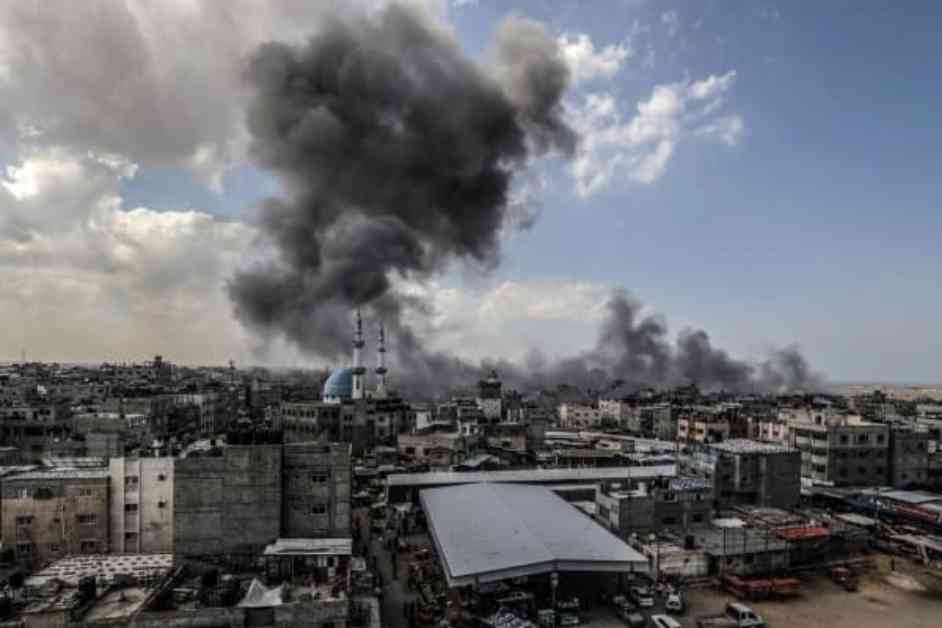War has a profound impact on economies and individual lives, extending far beyond the battlefield. The aftermath of war often leads to economic instability, unemployment, and mental health crises, presenting significant challenges for societies trying to recover. The destruction and disruption caused by war can have lasting effects on infrastructure, industries, and supply chains. This can result in inflation, shortages of goods, and increased costs of living, making it difficult for businesses to operate and for individuals to make ends meet.
One of the most visible impacts of war on the economy is widespread unemployment. Industries such as tourism, manufacturing, and agriculture are particularly vulnerable to the effects of conflict, leading to job losses and financial instability for many individuals. Displaced populations also face challenges in finding employment in new regions or countries, further exacerbating the economic strain on families and communities.
In addition to economic challenges, war also takes a toll on mental health. Individuals, both on the frontlines and civilians, may experience anxiety, depression, or PTSD as they deal with displacement, loss of loved ones, and financial insecurity. The lack of mental health services during and after wartime can prolong suffering for many, highlighting the need for adequate support and resources to help individuals cope and heal.
The ripple effects of war extend beyond the economy and mental health, impacting families and communities as a whole. Schools may close, healthcare systems may struggle to cope, and local economies may collapse, leaving families in poverty and children without access to education and opportunities for growth. The long-term consequences of war on communities can be devastating, requiring targeted efforts to rebuild and support those affected.
Despite these challenges, recovery is possible through international aid, reconstruction programs, and policies that promote economic stability. Prioritizing mental health services and providing support for displaced workers through job training programs can help stabilize economies and restore livelihoods. By understanding the far-reaching impacts of war and investing in solutions that address the needs of individuals and communities, societies can work towards rebuilding and restoring normalcy in the aftermath of conflict.
In conclusion, war leaves lasting scars on economies, jobs, and mental health, necessitating sustained attention and investment to facilitate recovery. While the chaos created by war may seem insurmountable, resilience, collaboration, and a shared commitment to rebuilding can help societies overcome the challenges they face and move towards a future of stability and hope.












